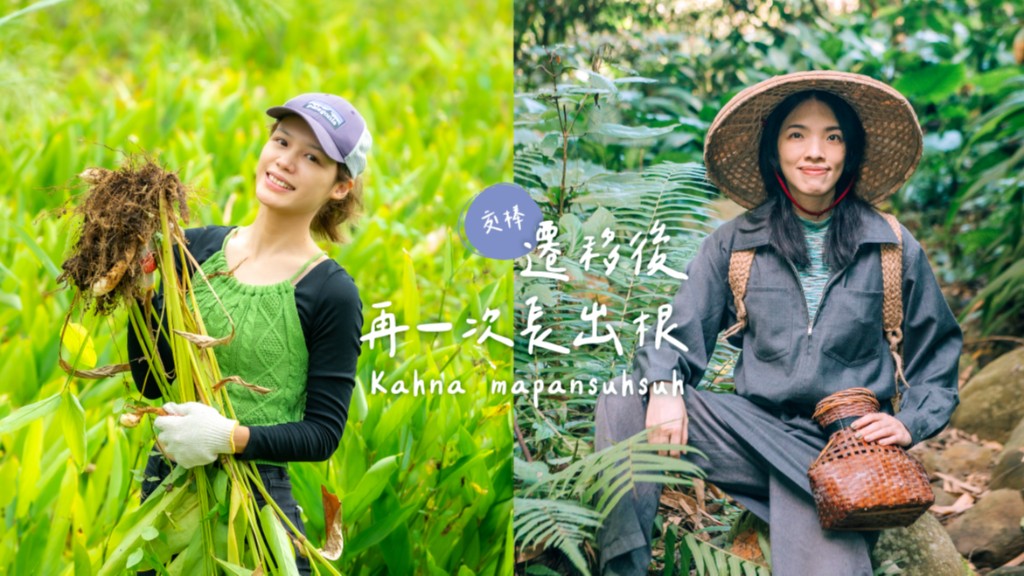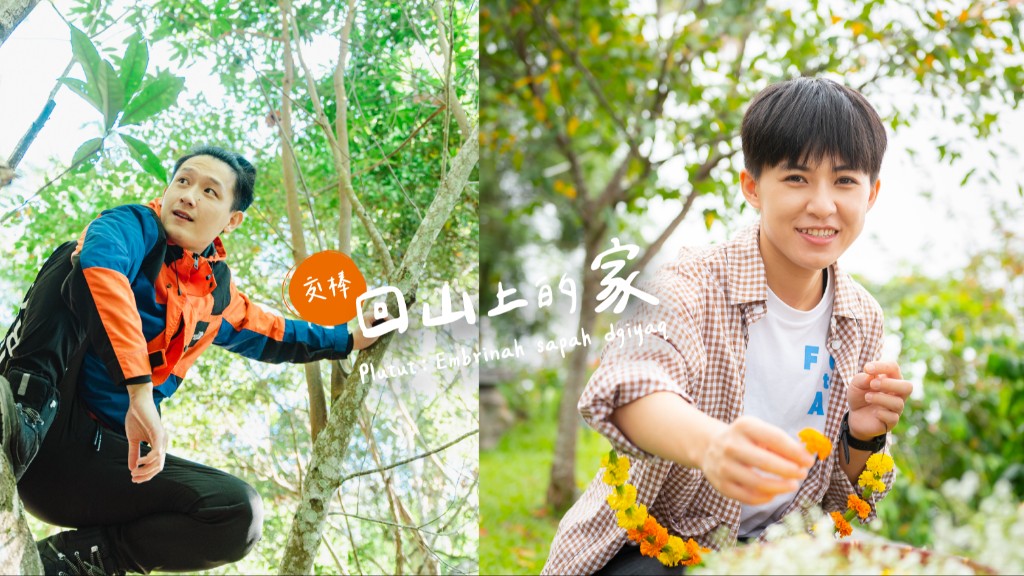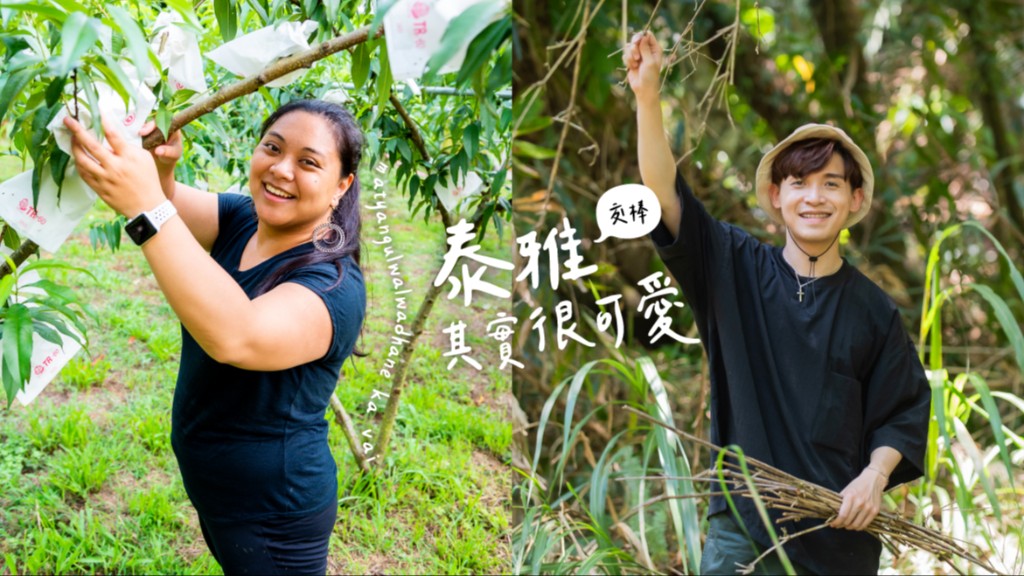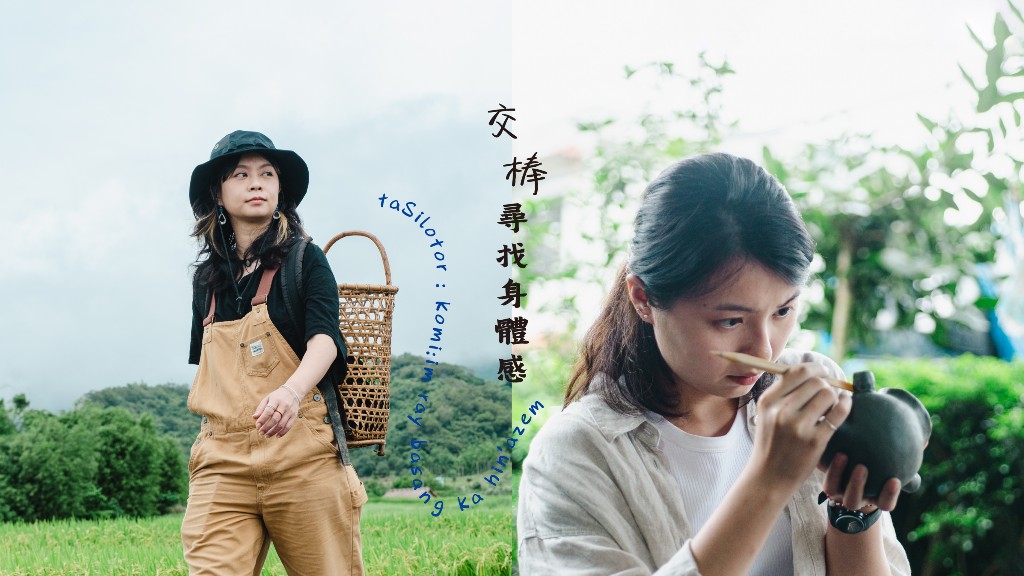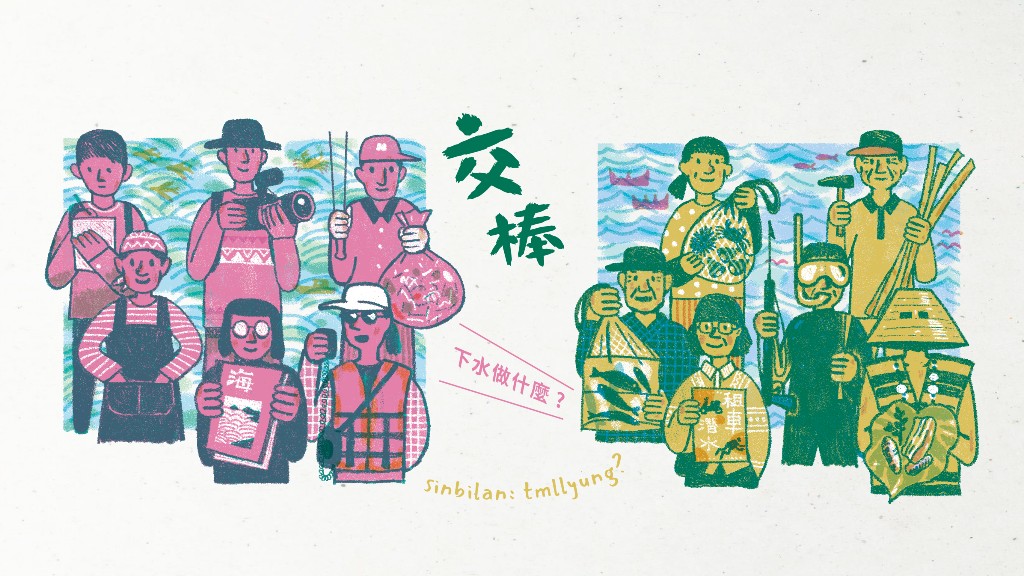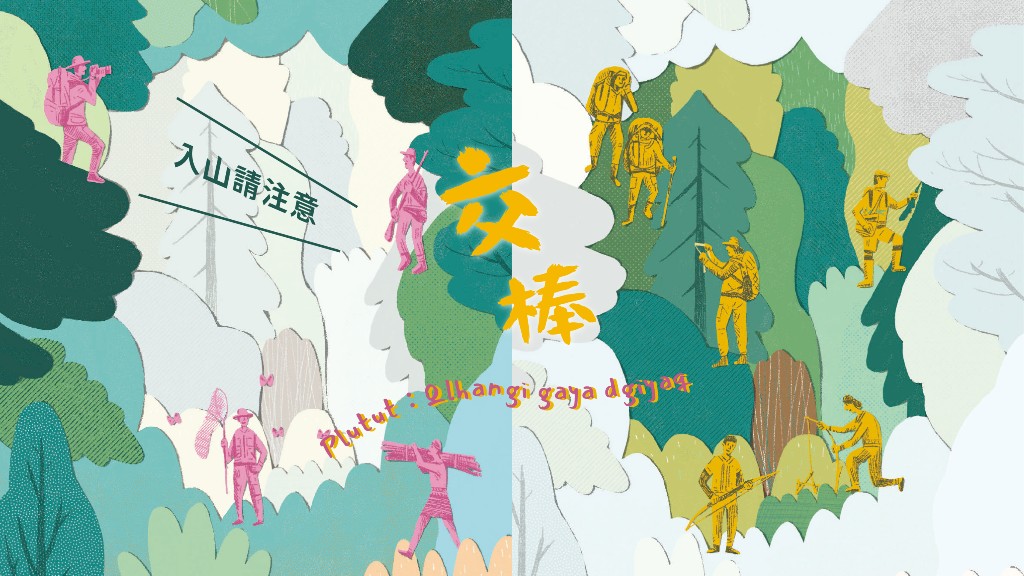What are your thoughts after this morning's session on Atayal family housing?
 At the Q&A the instructor explained a lot about why particular types of wood are chosen and why particular architectural styles are preferred. I think of the misunderstandings that Non-indigenous people usually have. People tend to think indigenous peoples who live in the mountains are not so well educated or sharp. In fact, much of indigenous wisdom comes from everyday life. I have to say they're masters of daily life hacks. Like we learn from history textbooks that in China's Jiangnan region people lived in houses on stilts, and in northern China there were cave dwellings. These are examples of making do with what's available, creating the most use possible with the least cost. I admire that they can create a space that's so livable without modern technology. All I can say is I admire them.
At the Q&A the instructor explained a lot about why particular types of wood are chosen and why particular architectural styles are preferred. I think of the misunderstandings that Non-indigenous people usually have. People tend to think indigenous peoples who live in the mountains are not so well educated or sharp. In fact, much of indigenous wisdom comes from everyday life. I have to say they're masters of daily life hacks. Like we learn from history textbooks that in China's Jiangnan region people lived in houses on stilts, and in northern China there were cave dwellings. These are examples of making do with what's available, creating the most use possible with the least cost. I admire that they can create a space that's so livable without modern technology. All I can say is I admire them.
What do you think about collecting herbs around the Atayal family house?

I used to enjoy biology, but in high school the things taught in biology class were disconnected from everyday life, I had to memorize all the names of body parts, so I lost interest. But today when we went to pick herbs, I felt it was exactly the biology class I should have gone to. Before we knew about these plants, we considered them weeds. But with enough understanding, you find that everything has a use. In philosophy, there's a saying "everything on Earth has its purpose," which means that nothing is created for no reason. You just need the wisdom to use it.
It makes me think of what we learned in Chinese class. Confucius encouraged his disciples to read the Book of Songs. He said, "Young ones, why do you not study the Book of Songs? It can stimulate the mind, help self-contemplation, teach sociability, and show you how to regulate feelings of resentment?we can become acquainted with the names of birds, beasts, and plants." Confucius inspired those well-educated intellectuals to find out about things in our everyday lives.
What do you think about friction between Indigenous and Non-indigenous peoples?
 I think it's a matter of understanding. For example, when it comes to headhunting, we mistake indigenous peoples as barbaric. In fact, they're defending their land and declaring sovereignty, so don't think that when they hold a knife they're going to kill someone. More often than not, they use knives to cut meat to share with their people. A lack of understanding can easily lead to misunderstandings and biases. Now that Chinese literacy is being focused for class, the most difficult job for teachers is finding materials that students want to read and that are also educational. I think teaching literacy is a good chance to get students to read more about indigenous peoples and their cultures, or to invite indigenous people to share their experiences in person. I also just found out that Indigenous Sight articles are available online. I think all teachers need to know about this magazine, and they can download the articles for reading material. I recommend Indigenous Sight to the teachers I know, and then they can see me in it. Hahaha!
I think it's a matter of understanding. For example, when it comes to headhunting, we mistake indigenous peoples as barbaric. In fact, they're defending their land and declaring sovereignty, so don't think that when they hold a knife they're going to kill someone. More often than not, they use knives to cut meat to share with their people. A lack of understanding can easily lead to misunderstandings and biases. Now that Chinese literacy is being focused for class, the most difficult job for teachers is finding materials that students want to read and that are also educational. I think teaching literacy is a good chance to get students to read more about indigenous peoples and their cultures, or to invite indigenous people to share their experiences in person. I also just found out that Indigenous Sight articles are available online. I think all teachers need to know about this magazine, and they can download the articles for reading material. I recommend Indigenous Sight to the teachers I know, and then they can see me in it. Hahaha!
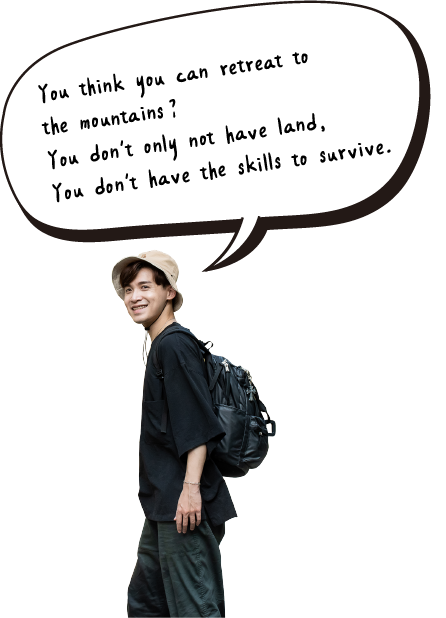
The past three days have been very fulfilling. What impressed me the most were the sessions about "making hunting traps," "weaving," and "picking herbs". First, the traps were made with a lot of precision. Hunters have to keep the environment looking as intact as possible without leaving any human trace, otherwise the prey won't be tricked. Second, for weaving, you need to make ramie into thread first, which is already a tedious process. Then you have to weave the thread into a piece of fabric with a delicate pattern. It takes attention, a good sense of aesthetics, careful planning, and careful logic. Last, collecting herbs requires knowledge about plants. You have to know the properties of each plant, the quantity that should be used, and take taste and effect into account. 。
Ordinary people often stereotype Indigenous peoples as inferior to non-indigenous people in culture and intellect and as lazy. These are serious misconceptions. Indigenous peoples have a complete knowledge system and sophisticated craftsmanship and aesthetics. Their lives are in harmony with natural rhythms, and a lot of tedious preparation must be done ahead of time. I think the only difference between Non-indigenous and Indigenous peoples is in lifestyle. In terms of spirituality, culture, and knowledge, there's no difference.
As a researcher of Taoist philosophy, I have a feeling that this way of life in cooperation with nature resonates with the Taoist philosophy of "nature" and "inaction". "Inaction" isn't about being lazy lying around doing nothing, it's about observing the natural environment with profound insight and behaving in a way that's as compatible with nature as possible and in balance with the entire ecosystem. This three-day course helped me truly understand how indigenous peoples use local materials to build comfortable and beautiful homes. They have insight into hundreds of plants and have built a complete body of herbal knowledge. Indigenous hunters are also part of the ecosystem. They hunt wild animals like goats, wild boars, and muntjac deer in a way that keeps animal populations at a level that prevents ecological imbalance.
People who've lived in cities for a long time often yearn for a life in the mountains. Just imagine being surrounded by birds singing and cicadas, getting up every day to see beautiful mountains and rivers, it's soothing and takes your worries away. But living in the mountains isn't as easy as you imagine. If you don't have the same wisdom as the indigenous people, or knowledge about local materials and plants and animals, you're pretty likely to find yourself in inconvenient or even dangerous predicaments. For a city person like me, this three-day course has given me the basics of surviving in the wild and made me fall in love with a way of living that's in harmony with nature. I hope that next time I return to this community, it's not as a student, but as a friend.
2022.08.02


